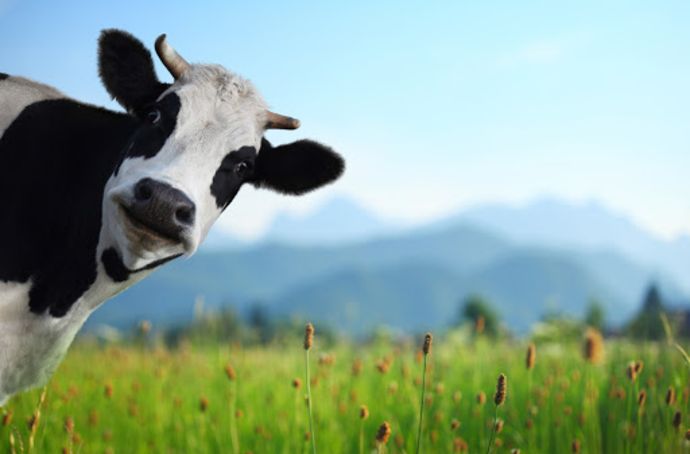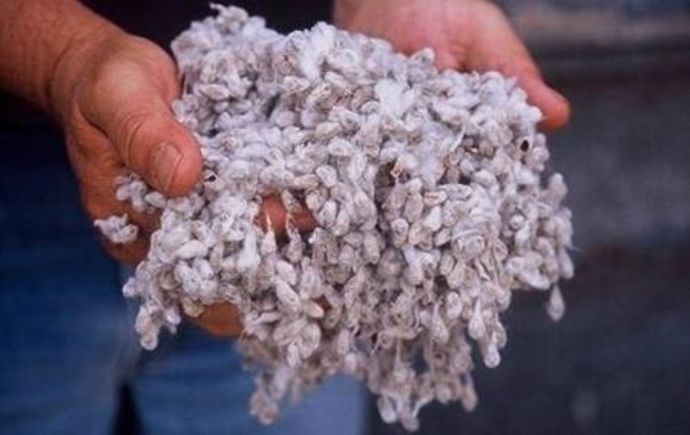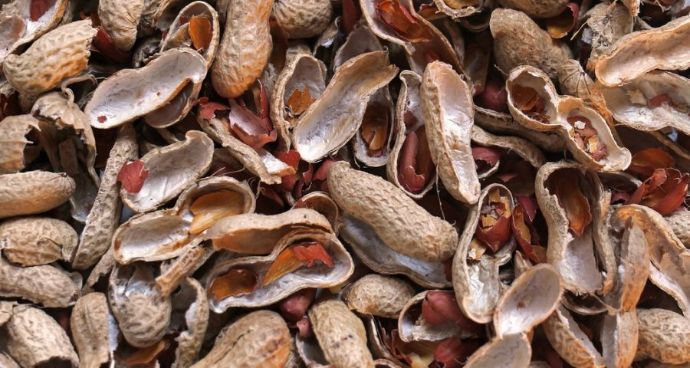
7 Types of Protein Supplements to Feed Animal
Protein is the crucial nutrient in tissue formation, which is why it must be included in the animal feed or can be provided as supplements. However, protein supplements should only be added to animal feed if protein intake is low
Pasture used for gazing may not contain an optimum amount of protein, which can result in protein deficiency in the animal. Therefore, protein supplements are needed by growing animals for the proper development of the body.
If you are raising beef animals, focus on providing all the required nutrients such as protein, carbohydrates, energy, minerals, and vitamins. However, emphasizing on providing balance protein to livestock can aid in their proper growth.
Many beef producers rely on forages for feeding. As forages lack nutrients, livestock must be provided with supplements. Protein supplements are essential in the animal feed if their nutritional source is only pasture.
Essential protein supplements to be included in animal feed
1. Whole cottonseeds
Cottonseeds are widely used to feed animals as supplements in the dairy industry because of their rich source of fiber, protein, and energy. They have a high concentration of protein and energy and are healthy for growing livestock. However, mature cattle may also require cottonseed to maintain their health and to produce quality products.
You can get cottonseed from the market, and they can be store easily. Cottonseeds must be dried and store in peanut-drying wagons. Cottonseeds don’t need to be processed but have to be dried entirely because they may mold during storage.
You can provide cottonseeds to cattle by mixing with other ingredients, or many feed them readily. In the beginning, you may have to provide cottonseed by mixing it with other ingredients because livestock is not used to it. After adaptation, they usually consume cottonseed readily.
2. Cottonseed hulls
Cottonseed hulls are the outer cover of the whole cottonseed, which are separated during the production of cottonseed oil. They are heavily used in the beef and dairy industry as a source of fiber, energy, and protein.
Protein contains in cottonseed hulls is four percent, which may not be sufficient for the animal suffering from protein deficiency. However, cottonseed hulls are great supplements for healthy animals to maintain the level of protein and can be included in daily animal feed.
You can get cottonseed hulls from cottonseed oil producers, or you can also buy them from the market. Cottonseed hulls have to be processed only then should be included in animal feed. You can process pelleted cottonseed hulls in a normal grain bin auger before feeding them to the animal.
3. Whole Soybeans
Whole soybeans are one of the perfect supplements to add to animal feed because of their high energy and moderate protein level. Adding whole soybeans to the diet of growing livestock can be very useful in developing bones and maintaining their health.
You can store whole soybeans for a longer period of time. The storage period of whole soybeans depends on the duration you keep them dry. The whole soybeans can be stored in a grain-handling structure.
Make sure to feed animals with organic whole soybeans. Whole soybeans that are organically grown have high nutrient value than soybeans grown using chemicals.
4. Soybean Hulls
Soybean hulls are the cover of soybean, which is removed by the air stream while processing for soybean oil. During the process of making soybean oil, soybeans are rolled or cracked to break them into small pieces so that cover gets removed.
They are great supplements in animal feed as they are rich in protein, calcium, and phosphorus. You can easily store soybean hulls in open-front sheds or grain bins. Soybean hulls can be added to the animal diet by mixing with other feeds or can be provided readily.
You can get soybean hulls in both loose and pelleted form. They can be store in bulk for more extended use and can be added to the daily animal diet. But make sure you don’t exceed soybean hulls in animal feed. Providing just the right dose can have a positive impact.
5. Peanut skins
Peanut skins are a thin coat on the peanut that is separated after shelling. You can buy peanut skins from the people involved in peanut farming and are available during the winter and spring season. Peanut skins are the right nutrient supplements as they contain an accurate amount of energy and protein.
Using peanut skin up to 20 percent in the total animal diet can help maintain the level of protein and energy in animals. Peanut skins are mixed with other ingredients or are readily consumed by livestock.
They are light in weight and can be store in bulk. Because of the lightweight, peanut skins can easily travel with the wind, so they should be hauled in covered vehicles and store in closed facilities.
6. Corn Gluten Feed
Corn gluten feed is the remaining of the corn kernel that is left after extracting starch, gluten, and germ. You can get corn gluten feed from wet milling, which produces high-fructose corn syrup. This corn gluten feed is a good source of sulfur and has a moderate level of protein. However, they are an excellent source of energy.
Using corn gluten feed as 50% of total animal feed can help in maximizing the protein and other nutrients levels in the body of animals. You can get corn gluten feed in both dry and wet forms. You can use both dry and wet corn gluten feed as 50% of the total diet.
7. Brewers’ and distillers’ grains
Brewers’ grains are the by-product of the brewing industry. They are wet at first but can be dried and processed for longer use. Basically, they are the leftover after processing of germinated and dried cereal grains for the production of malt products.
However, distillers’ grains are the by-product of the distillation of alcohol from maize grain. Both of these grains are rich sources of protein, energy, minerals, and vitamins. And these grains are available in fresh, ensiled, and dried form. Better to get them in dried form because they are easy to handle and store.
As they are highly rich in nutrients, they can cover the majority portion of the diet. These grains are considered a rich source of protein, which is why they are used by the beef industry and dairy industry.



